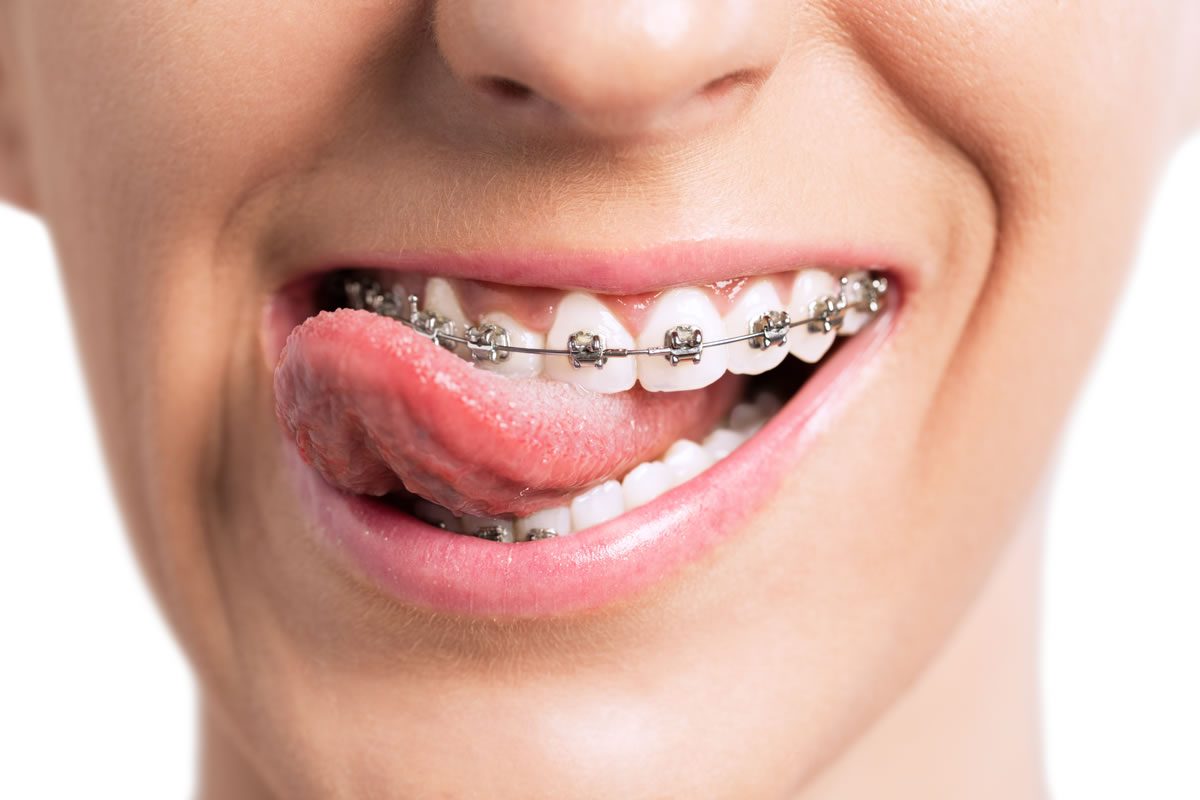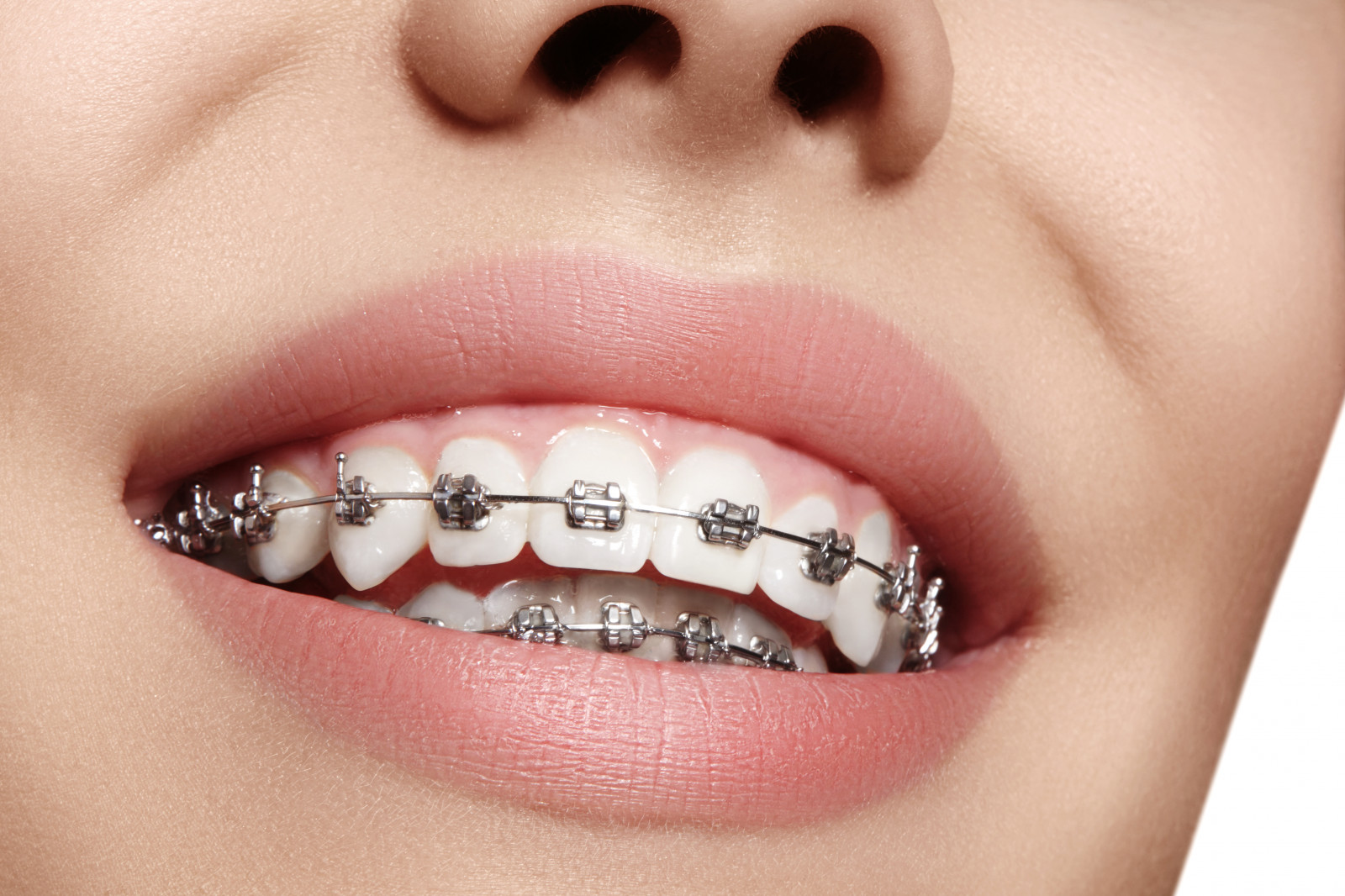The Greatest Guide To Causey Orthodontics
The Greatest Guide To Causey Orthodontics
Blog Article
6 Easy Facts About Causey Orthodontics Shown
Table of ContentsRumored Buzz on Causey OrthodonticsWhat Does Causey Orthodontics Mean?See This Report about Causey OrthodonticsThe Ultimate Guide To Causey OrthodonticsOur Causey Orthodontics Statements9 Simple Techniques For Causey OrthodonticsThe Best Strategy To Use For Causey Orthodontics
What is the distinction in between a dental expert and an orthodontist? All dentists, consisting of orthodontists, deal with the teeth, gums, jaw and nerves.
You can assume of both medical professionals who deal with gum tissue and teeth troubles. The primary distinction is that coming to be an orthodontist calls for a particular specialty in treating the misalignment of the teeth and jaw.
The Best Guide To Causey Orthodontics
An orthodontist is a dental professional that has undergone training to concentrate on the medical diagnosis, prevention and treatment of irregularities in the jaw and teeth. Their training consists of correcting these existing conditions. They can likewise recognize potential issues in teeth alignment that may establish when conditions are left without treatment. Orthodontists can help individuals of any ages.
This consists of all the essential education to come to be a basic dentist. According to the American Trainee Dental Organization (ASDA), it implies you will require to have either a Doctor of Medication in Dental Care (DMD) or a Doctor of Oral Surgical Treatment (DDS). In various other words, orthodontists require to complete oral institution and after that get an orthodontics specialty education.
Some orthodontists additionally get their masters in craniofacial biology. orthodontist services (https://www.anobii.com/en/0173921f4ed2127136/profile/activity). Several oral colleges give restricted orthopedic training and direction, which is why basic dental experts need to visit orthodontic school after college graduation. Orthodontic residency programs provide intensive training for this sort of oral specialization. These programs concentrate on two particular locations or techniques: Dentofacial Orthopedics: This research study focuses on leading teeth and jaw advancement.
Causey Orthodontics for Beginners

 The general goal of an orthodontist is to enhance a patient's bite. Not everybody is born with straight teeth, and an orthodontist will make certain that people get uniformly spaced straight teeth.
The general goal of an orthodontist is to enhance a patient's bite. Not everybody is born with straight teeth, and an orthodontist will make certain that people get uniformly spaced straight teeth.
Excitement About Causey Orthodontics
The American Organization of Orthodontists suggests your very first check up by age 7. You'll need to see your orthodontist if you have a misalignment in your teeth, additionally referred to as malocclusion. Also, if you see irregular bite patterns, a slightly askew jaw, or when your teeth are chock-full, you will likely require orthodontic treatment.
At Advanced Orthodontics, we offer individuals with a alternative treatment experience. In enhancement, we provide adjustable therapy schedules, versatile settlement options and an enjoyable, delightful experience. Call ( 480) 357-4900 today to learn more and timetable a visit.
An orthodontist is a dental expert educated to identify, stop, and treat teeth and jaw abnormalities. Orthodontists function with individuals of all ages, from kids to adults (https://letterboxd.com/causeyortho7/).
Some Known Facts About Causey Orthodontics.
Malocclusion, or misaligned teeth, can bring about oral concerns, including dental caries, gum tissue illness, and challenging or agonizing chewing. Not every person is born with straight teeth. If you have a negative bite or large rooms between your teeth, you might intend to speak with a dental professional specializing in orthodontic treatment.
(Picture Credit Score: DigitalVision/Getty Images) Orthodontists make use of dealt with and removable oral gadgets, like braces, retainers, and bands, to alter the setting of teeth in your mouth. Orthodontic treatment is for oral abnormalities, including: Uneven teethBite problems, like an overbite or an underbiteCrowded teeth or teeth that are as well far apartJaw misalignmentThe objective of orthodontic treatment is to improve your bite.
Some Known Details About Causey Orthodontics

, yet not all dentists are orthodontists. They focus on two locations: Exactly how to correctly and securely move teeth Exactly how to properly direct advancement in the teeth, jaw, and faceOnce an orthodontist has completed training, they have the choice to become board accredited.
Misalignment, or malocclusion, is the most usual factor individuals see an orthodontist. It is hereditary and is the outcome of dimension distinctions in between the upper and reduced jaw or in between the jaw and teeth. family orthodontics. Malocclusion brings about tooth congestion, an askew jaw, or irregular bite patterns. Malocclusion is normally treated with: Your orthodontist affixes steel, ceramic, or plastic square bonds to your teeth.
Causey Orthodontics - The Facts
If you have only minor malocclusion, you may be able to use clear dental braces, called aligners, rather of conventional braces. Some individuals need a headgear to help relocate teeth right into line with pressure from outside the mouth. After dental braces or aligners, you'll require to use a retainer. A retainer is a custom-made device that keeps your teeth in position.
Report this page